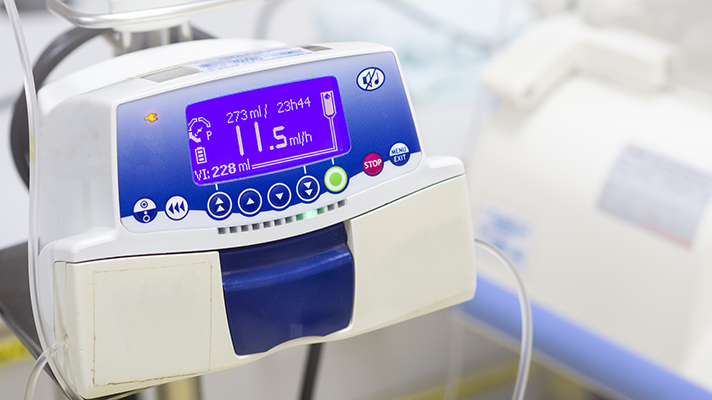While medical equipment has long presented thorny security problems, Internet of Things devices in hospitals bring entirely new, and often daunting, cyberthreats.
Take Mirai malware as just the latest example. In late 2017, cybersecurity experts discovered a new variant of Mirai, which transforms Linux networked devices into remote-controlled bots that can be used as part of a botnet in major network attacks. This new variant was designed specially to attack Internet of Things devices.
“The attack is a distributed denial of service attack, meaning the malware now can commandeer previously immune devices and use them to target large amounts of traffic at other devices, causing them to fail due to resource exhaustion,” explained Mike Ahmadi, global director of IoT security at DigiCert, a cybersecurity company that specializes in digital certificates, SSL, encryption and the IoT. “What is particularly onerous is that there are an exponentially larger number of devices – potentially billions – now susceptible to the malware, dramatically increasing the number of potential attacks.”
Internet of Things and M2M
Discussing Internet of Things (IoT), Machine to Machine and embedded device security, development, and trends

